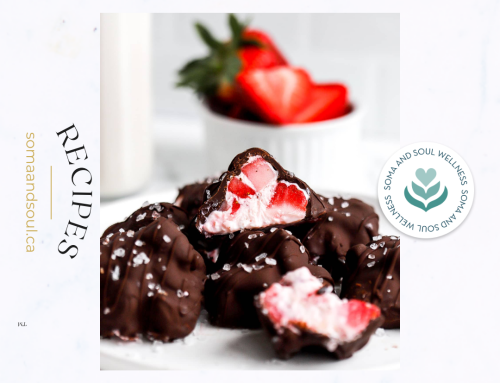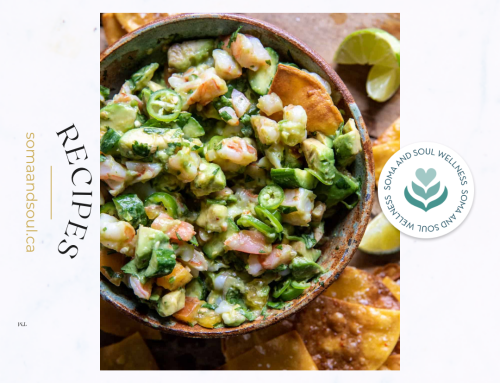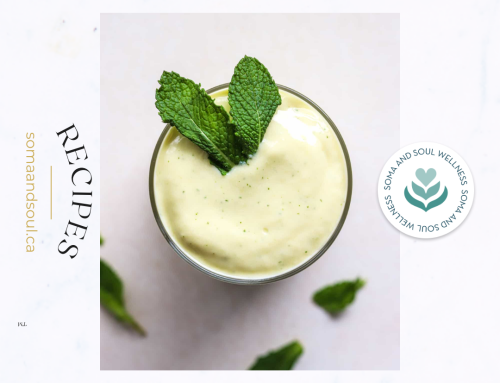Top 3 Supplements to Promote Fertility
Fertility starts at the egg: the quantity and quality of eggs can determine how long it takes to conceive and level of risk for miscarriage.
The number of eggs your ovaries contain is determined when you are in utero. As you age these eggs grow older too, making their DNA more fragile and susceptible to damage. There is little we can do to alter the quantity of eggs available for conception but there is an array of interventions we can use to improve the quality of your eggs. The quality of your eggs has a powerful impact on your fertility outcomes.
Here are the top 3 supplements we love for supporting egg quality:
-
CoQ10
CoQ10 acts as an antioxidant, it protects the egg cell from oxidative damage. It is also a bioenergetic molecule, used in the pathways required for eggs to make energy. Lastly, it can support the correct replication of DNA chromosomes, improving the quality of the egg. At 600mg a day it has been shown to increase the success rate of assisted reproductive procedures like IVF. There are two forms of CoQ10, ubiquinone and ubiquinol. The only difference between the two is a single electron. When the CoQ10 molecule loses an electron, it is ubiquinone, the form more commonly used in supplements, and when it gains an electron, it is ubiquinol. Ubiquinol is active form of CoQ10 used by our cells, but this does not mean it is necessarily the better form to supplement with. For CoQ10 to be absorbed across our small intestine it needs to be in the ubiquinone form. So even when we supplement with ubiquinol, it is converted to ubiquinone in the small intestine before being absorbed. The body does not convert it back to the active ubiquinol form until it reaches the lymphatic vessels. This is why clinical trials in fertility have shown benefits from supplementation with the ubiquinone form of CoQ10. Ubiquinone is also more affordable, stable and lasts longer before expiring. Although CoQ10 is generally safe, it can cause some side effects and can interact with some medications, so it is best to consult with a practitioner before initiating supplementation.
Naturopathic Tip: Ubiquinone is fat-soluble, meaning it needs to be taken with a fat source to be properly absorbed into our blood. For this reason, it is best to take your CoQ10 supplement with food.
-
Melatonin
Great for more than just sleep! Melatonin is well known for its ability to regulate the circadian rhythm and help with sleep, but it is also a reproductive antioxidant. Through its receptors MT1 and MT2 melatonin has antioxidant effects, these receptors are found on the ovaries, uterus, placenta, and breast tissue, demonstrating involvement in reproductive health. Through these receptors, and as a free-radical scavenger, melatonin prevents and slows down damage to eggs that occurs as we age. Our bodies’ natural melatonin levels decrease with age, meaning we have less of it when our eggs need it the most. Supplementing melatonin has been shown to increase mature, high- quality oocytes and embryos. Plus, it can be taken at bedtime for the bonus of a restful sleep. When choosing a melatonin supplement, you will notice it comes in many formulations, capsules, tablets, gummies, liquid and more. It also comes in fast-release and slow-release forms. Melatonin moves into our blood quickly after oral administration and is excreted in out urine quickly thereafter. It does not accumulate in the blood but taking it regularly can help with maintaining peak levels overnight. Meaning that the more consistently you take it, the more it can help with sleep. Choosing the right melatonin for you can be tricky and may require some guidance. There are also some contraindications to melatonin and potential side effects. As usual, it is best to consult with a health care practitioner before use.
-
Inositol
Inositol is closely related to B vitamins and has an array of health benefits. It improves insulin sensitivity and glucose tolerance, benefits lipid parameters and can regulate ovulation in PCOS. For eggs specifically, inositol supports maturation, improves quality, improves glucose uptake in cells which improves ovarian energy status, and improves FSH signalling (FSH is the hormone that allows appropriate germ cell maturation). Inositol is well documented in helping folks with PCOS conceive and there is growing evidence that it can improve egg quality in non-PCOS patients as well. Although there are 9 different forms of inositol existing in nature there are two forms available commercially and studied in clinical trials. These include Myo-inositol and D-chiro inositol. Myo-inositol is shown to increase the clinical pregnancy rate in those undergoing ICSI and IVF. It also had a more substantial impact on metabolic markers like blood glucose and insulin sensitivity. D-chiro inositol is shown to reduce high androgen levels in those with PCOS. Depending on your personal health condition and health goals either D-Chiro or Myo-inositol could be right for you. Each can be taken individually or combined into one supplement to address different concerns. A workup with a naturopathic doctor can provide you with more information and help you make an informed decision on which form would suit you best.
Naturopathic Tip: 4g is the minimum effective dose for myo-inositol, but it can cause some bloating, which is why this supplement is best to take before bed! Correct supplementation is only one part of optimizing egg quality.
Lifestyle also plays a major role in the quality of the eggs. Smoking directly damages the DNA in oocytes and alcohol is a known reproductive toxin. Refraining from both smoking and alcohol can have a major impact on the health of your eggs. Getting moderate exercise daily can reduce inflammation and oxidative stress that damages eggs. Eating fibre and protein to control blood glucose levels can also reduce the potential for oxidative damage. And having regular sleep, in a dark room and avoiding screens before bed can promote the body’s natural production of melatonin. Overall, a healthy active lifestyle should always be step one!
Article by Carmen Aguayo. Edited by Dr. Mary Choi.




